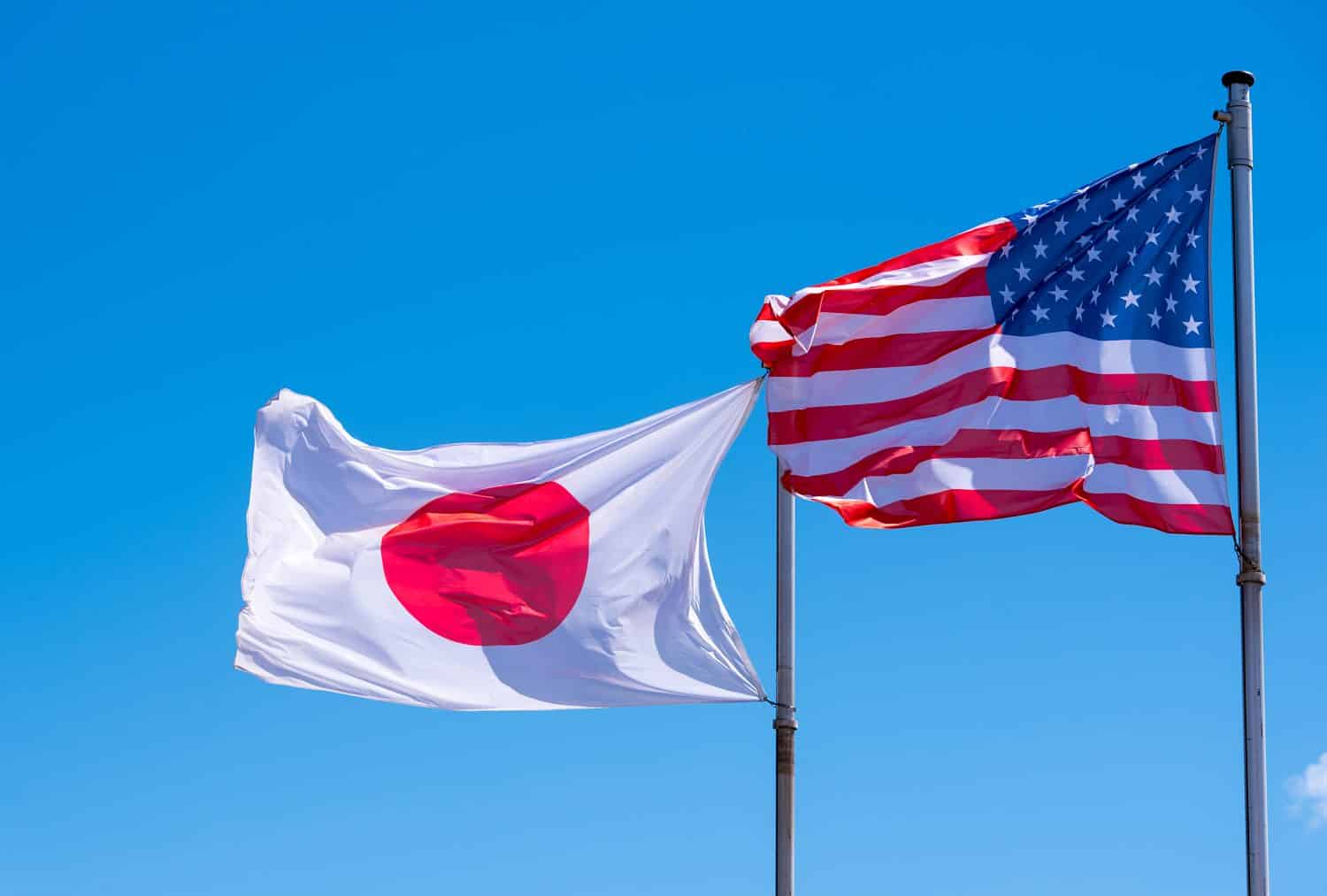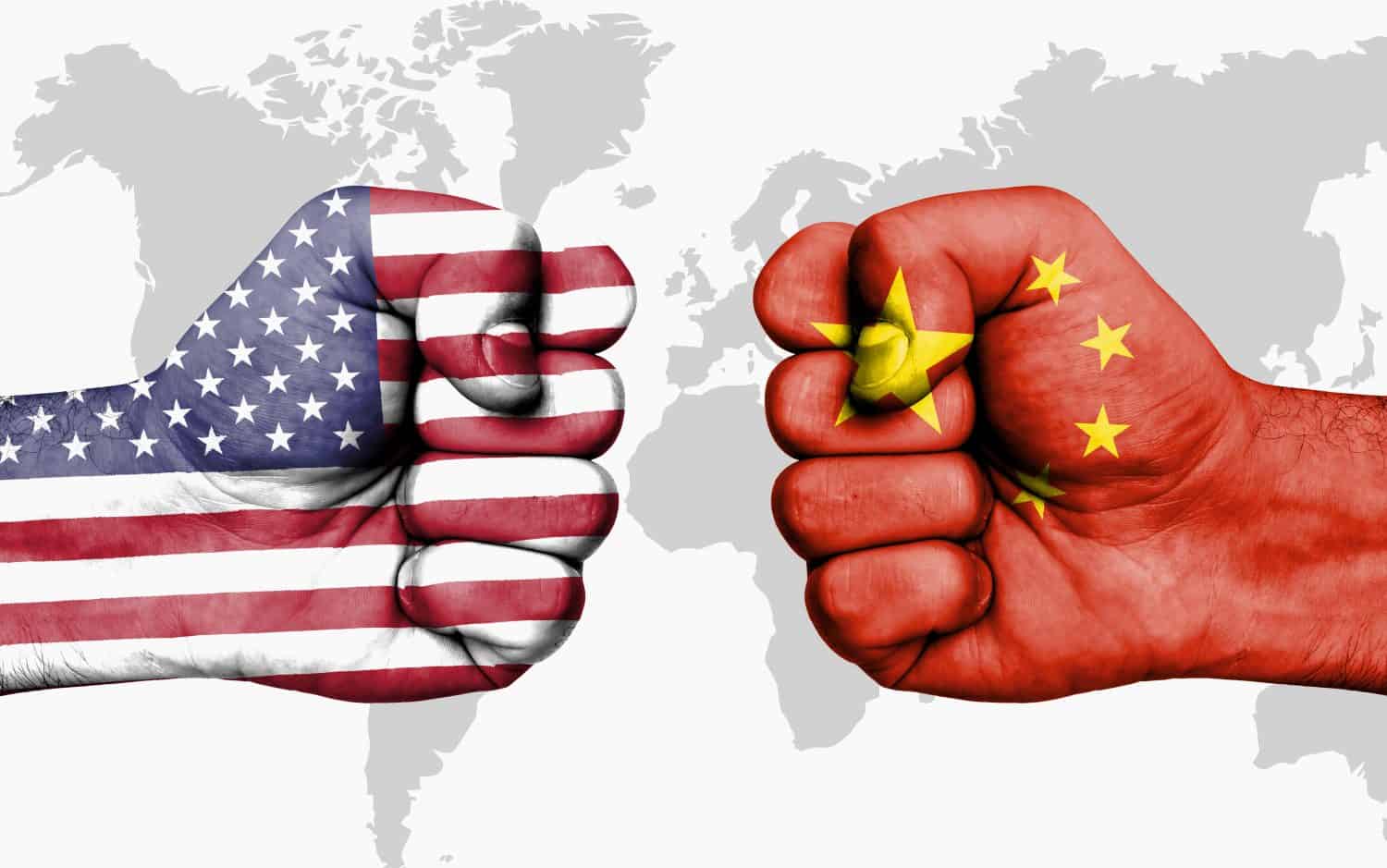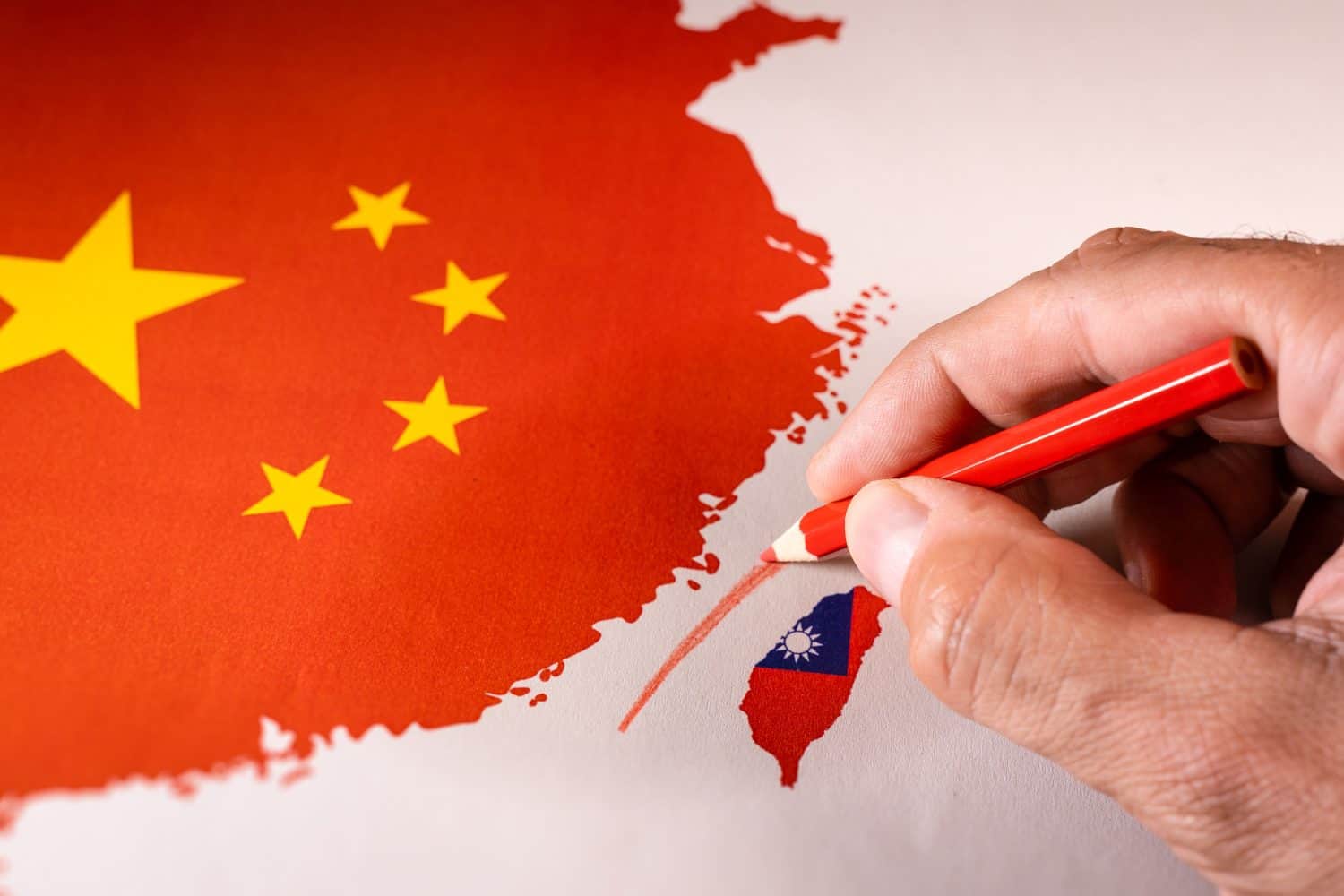Banking, finance, and taxes
These Foreign Countries Are Dumping the Most US Debt

Published:

American debt is a valuable asset. In October of 2024, total U.S. debt reached $25.7 trillion. Just a few years ago, foreigners owned around 33% of all public U.S. debt, a majority of which was owned directly by foreign governments.
In recent years, however, countries around the world have begun to offload their U.S. debt, including many of the United States’ closest allies. Which countries are selling their debt, and why?

There are a number of reasons why a country would offload significant amounts of U.S. debt, most of which are tied up with its relations with the United States.
United States Treasury Securities are a fantastic way to quickly generate large amounts of U.S. Dollars and short-term capital. This is useful if experts believe the value of the Dollar will drop in the near future, or if the country needs access to a large amount of money very quickly.
Also, as relations between countries improve, they tend to buy each other’s debt and invest in their economy as their citizens work more closely together and their economies become tied to each other.
Major reductions in U.S. debt holding also occur during periods of economic uncertainty and political turmoil in the United States. Typical examples of these include impending recessions and election years.
One of the most drastic reductions in foreign holdings of U.S. debt occurred during the Trump presidency when his unpredictable, volatile, and economically foolish outbursts and decisions and his poor handling of the COVID-19 pandemic damaged the U.S. economy, reversed the growing economy created by the Obama administration, and generally undermined foreign confidence in U.S. leadership. During this time, most of the U.S.’s allies began to sell off their debt.

So why are some of the largest owners of U.S. debt choosing to offload large amounts of their positions? There could be a number of reasons.
First, it is an election year, which is normally a time of bearish behavior when it comes to U.S. Treasury Securities as our future remains unknown. But also, the prospect of a second Trump term without checks on his eccentric behavior is an omen of bad things to come and many see irreparable harm being done to the U.S. economy as a result.
Second, China has made concerted efforts to undermine the U.S. economy and strengthen its own currency, positioning it as a stronger and more reliable alternative to the U.S. Dollar. By selling large amounts of U.S. debt, it lowers the value of the Dollar. By then using that cash to buy its own currency, the Yuan rises in value at the same time.
But the reasons can be, and are, varied and different based on which country we look at.

Japan is the biggest owner of U.S. debt, owning as much Treasury Securities as almost the rest of the world combined, excluding China.
Japan began selling significant amounts of debt during the Trump presidency, reaching a low point in 2019 and is expected to continue to sell until it manages to get below $1 trillion. Relations between Japan and the United States took a major hit during Trump’s time in office as he resurrected old “Japan bashing” language and accused them of using unfair trade practices, withdrew the U.S. from the Trans-Pacific Partnership, imposed tariffs on Japan, accused them of cheating, and called them an economic rival and threat to the United States.

China is the second-biggest owner of U.S. debt.
Again, the Trump presidency resulted in significant damage in the relationship between the United States and China. This, combined with China’s quickly growing economy, resulted in China selling massive amounts of debt.
Tariffs imposed by both countries and additional hostile economic moves proposed by Trump in his campaign have only caused further harm.

Ireland has long been a favorite destination for U.S. businesses operating in Europe, and the U.S. has repeatedly voiced its support for Ireland, so recent offloading is probably the result of economic turmoil and uncertainty in the U.S., as well as Ireland’s unusual (for the region) support for Palestine and outspoken criticism of Israel’s apartheid state and genocide in Palestine.

Over 75% of French citizens have a negative opinion of Trump, so fears of a repeat of the Trump years probably have a significant impact on the decision to sell U.S. debt.
Trump repeatedly mocked France and French leaders and imposed tariffs on France and taxes on French goods which only motivated France to sign increased trade deals with China. Trump’s erratic and unreliable behavior caused many countries in NATO, including France, to question the validity and usefulness of the organization.

The United States and South Korea cooperate to defend the DMZ between South Korea and North Korea, so it is in South Korea’s interest, if it wishes to continue to exist, that the United States remains stable enough to defend against any northern aggression. That being said, recent economic events, political uncertainty, and shifting regional power dynamics have not given the best impression that the United States is South Korea’s best choice of ally in the region.

Norway and the United States have long enjoyed very positive relations. As a member of NATO, Norway has a vested interest in seeing the United States remain as a world power, so recent offloading of U.S. debt is probably a conservative correction in the light of an uncertain American future.

The United States maintains informal and unofficial relations with Taiwan, supporting it with weapons and military aid without taking any official action out of fear of offending China. The U.S. has taken small steps to secure Taiwan’s independence but has stopped short of recognizing its independence.
The rising power of China in the region makes American debt less attractive as the dollar drops in value.

The ties between Brazil and the United States are the bond between the most populous and most powerful countries in North America and South America. However, official relations took a major hit in 2013 when it was revealed that the United States had been spying on Brazilian officials, including the Brazilian president.

Israel is the single largest recipient of foreign aid from the United States, and the U.S. is the largest military supporter of Israel and its most avid defender on the world stage, having used its UN Security Council veto power 42 times to combat resolutions that condemned Israel.
In 2023, a majority of Americans supported Israel’s genocide in Palestine, but in 2024 public opinion has switched dramatically and now more than 55% disapprove of Israel’s aggression. Even though the U.S. continues to support Israel militarily, President Biden has called Israel’s actions “over the top”. Israel’s nationalist government has responded violently and loudly to any criticism of its behavior, and the recent offload of U.S. debt might be a result of these souring relations.

In keeping with his character, Trump became close with the authoritarian leaders of Saudi Arabia and improved relations with the oppressive regime, defending them from attempts by Congress to cancel weapons sales to them.
President Biden, however, has vowed to ostracize Saudi Arabia for their support of Russia, its abysmal human rights policies, and the assassination of foreign diplomats.

Thailand and the United States enjoy a long and stable political and economic relationship, but the relationship is almost entirely one-sided, with the U.S. never visiting or including Thailand in its actions in the region. China, on the other hand, has been much more proactive and involved in the development of Thailand, and as China’s star rises, the balance of debt and trade from Thailand to the U.S. must shift North instead.

Kuwait is a major ally of the United States and an essential focal point of American power in the Middle East. The prospect of a second Trump term (which brings with it closer relations with authoritarian and fascist powers in the region like Saudi Arabia, Iran, and Russia) means that the reliability of the U.S. is dropping.
Retirement can be daunting, but it doesn’t need to be.
Imagine having an expert in your corner to help you with your financial goals. Someone to help you determine if you’re ahead, behind, or right on track. With SmartAsset, that’s not just a dream—it’s reality. This free tool connects you with pre-screened financial advisors who work in your best interests. It’s quick, it’s easy, so take the leap today and start planning smarter!
Don’t waste another minute; get started right here and help your retirement dreams become a retirement reality.
Thank you for reading! Have some feedback for us?
Contact the 24/7 Wall St. editorial team.